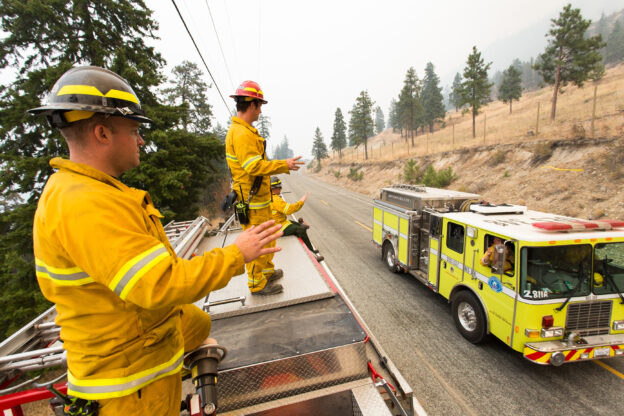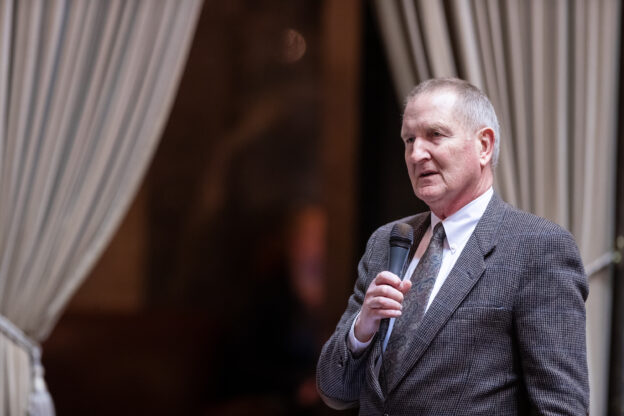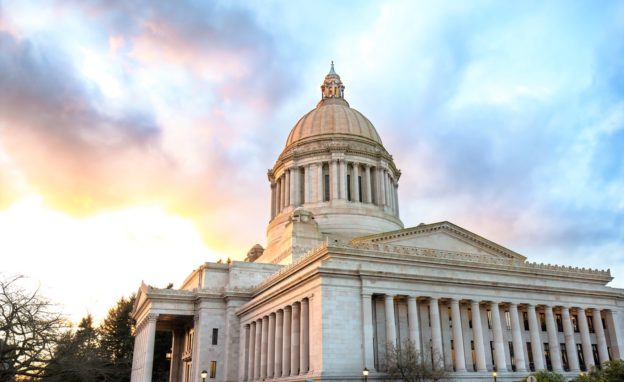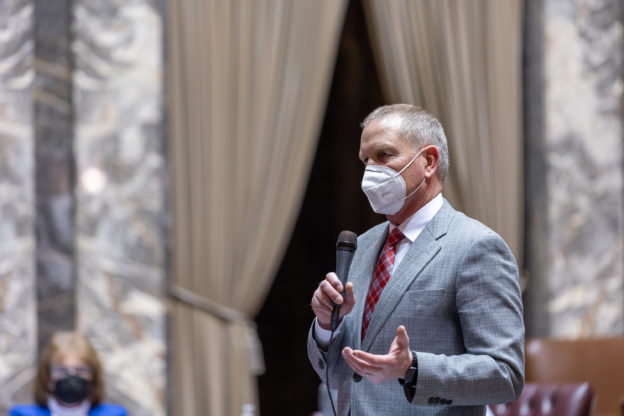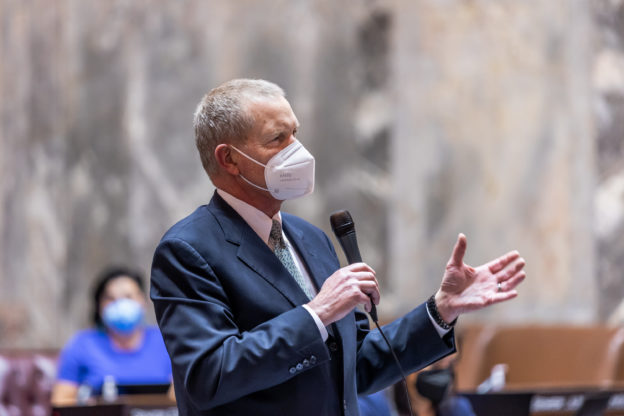Dear Friends,
Like many of our neighbors in the Medical Lake/Four Lakes area, my family was notified to evacuate our home Friday afternoon because of the Spokane Gray Wildfire.
This situation is grave for those who have lost everything; and it is extremely difficult for those who have had to relocate and cannot get home.
I have been in many meetings over the weekend with the Mayor of Medical Lake Terri Cooper and state/local officials. I prioritized spending time at the Red Cross station at Spokane Falls Community College to meet with displaced families.
On Sunday, we were able to see first-hand the devastation at the Spokane Gray Wildfire site. The extent of the damage cannot be overstated. I am proud and thankful that our community has stepped up with volunteers and donations to give whatever they have, to those who have lost so much.
I am including state and local resource information below for you to use and to share with anyone who may need them as we navigate this disaster. Since the Spokane County Commissioners and the Governor have declared both a County-wide and State Emergency – I will be sharing more information on available government assistance and resources as they become available.
- The Washington Emergency Management Division
- Spokane County Emergency Management
- Emergency Alert and Warning Notifications for Spokane County – Register for ALERT Spokane
- Spokane County
- Spokane County Sheriff’s Office
- Department of Social and Human Services: Washington Connection offers you a way to find and apply for a variety of services and assistance online. By entering in basic household information, Washington Connection will let you know what programs or services you or your family may be qualified to receive from various state, federal or local sources. As always, people can apply in person at a local CSO (Office Locator | DSHS (wa.gov)) or by calling the Customer Services Contact Center at 877-501-2233.
- Washington Department of Transportation – Real Time Travel Map
- Washington State Department of Health – Emergencies
- Department of Ecology – Wildfire Smoke Information
- Washington’s Air Quality Network – Air Monitoring Program
- Department of Natural Resources – Wildfire Incident Information
As always, if you are having difficulty contacting a state agency for assistance, please do not hesitate to contact my office: 509-456-2747.
Best,











